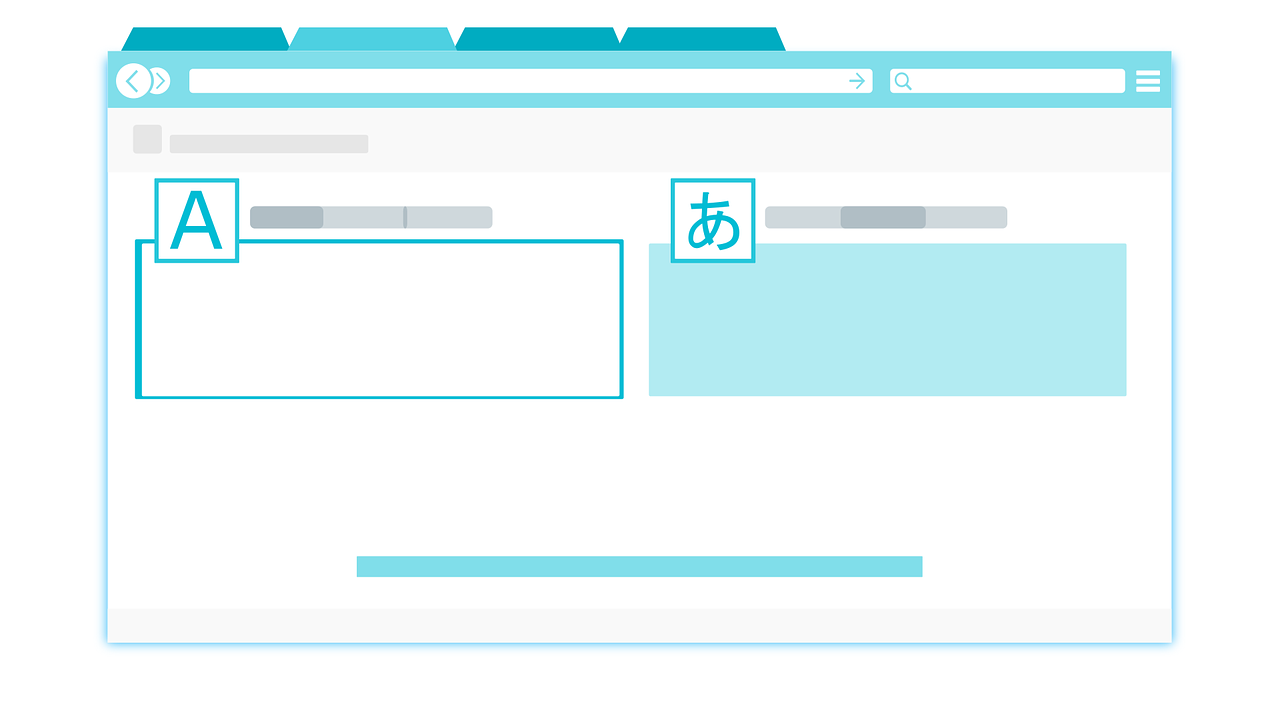In the United States, children are given many of the same protections as are adults, namely, the right to equal protection. Simply put, children are entitled to the same treatment under the law regardless of race, gender, disability, or religion. Children also have the right to a safe environment, good nutrition, healthcare, and education. But when it comes to that last one, education, the rights of minors differ from those of adults. It’s critical for parents and educators to understand the civil rights of children in the U.S public education system.
Federal vs. State:
In the U.S., the federal law governing education is limited. The Tenth Amendment provides that state and local governments decide most education policies. Parents can’t assume the federal government will protect children in the public school system. You can find state-specific information here.
However, there are basic rights provided to all public school children.
Free Education:
Every child in the U.S. has the right to free, public school education. Parents and guardians should take a look at their state, district, and school policies. They’ll want to find out exactly what is free and what they’ll have to pay for. For example, a school can charge students for lunch, athletic equipment, and field trips.
Protection from Discrimination:
The U.S. Constitution guarantees equal treatment to all, including public school students. Schools can’t discriminate against a student because of their gender, sexual orientation, home country, financial status or disability. Title IX of the Education Amendments of 1972 requires that male and female students are treated the same in school programs and activities that receive federal funding.
Title IX also applies to higher education, career training and education for pregnant students. Students who’ve had children are protected too. Title IX covers employment and math and science education. Sexual harassment, standardized testing and technology are also included.
Parents and guardians who feel their student is being discriminated against can contact the ACLU for help.
Safety in School:
Civil rights laws are in place to protect students from bullying at all public schools. Teachers and other students can’t harass someone because of their race or national origin. Gender, disability, ethnic background, and religion are also protected.
School safety has been in the spotlight a lot, especially after the shootings at Sandy Hook and Marjory Stoneman Douglas. Schools have come up with safety plans, required active shooter drills and in some cases, even allowed teachers to carry guns. In the 2015–16 school year, 94 percent of public schools said they controlled access to school buildings. They did so by locking or monitoring doors during school hours.
If your child is injured at school due to negligence, you’ll want more info on your rights and possible compensation.
Freedom of Speech and Religion:
Public school students have a limited right to free speech. They’re often encouraged to speak their mind and share their opinions. But schools can limit the student’s right to free speech if they feel it might hurt other students. Students keep their First Amendment right to freedom of speech, as long as they don’t disrupt the educational process.
Public school students also have the right to pray and take religious material to school. They also have the right to wear religious clothing like a hijab or yarmulke. Students’ rights in public schools also include the right to talk about their faith. They’re allowed to organize a religious club and miss school for religious holidays.
It’s illegal for any school or employee to push a particular religion on students. They can’t encourage students to join a religious organization. And, they can’t discriminate against students who don’t practice any religion.
Homeschooling:
Some parents would rather keep their children out of the public school system entirely. Federal law protects their right to teach their children at home. Homeschooling is legal in all 50 states. Every state has its own regulations that parents have to follow. You can look up state-specific laws here.
Civil Rights of Children Include the Right to Privacy:
Federal and state governments often gather information about students for research and education-related purposes. Students might be asked to fill out surveys that ask about their alcohol or drug use, their home life, their diet, and their mental health status.
Public school students have the right to opt-out of these questionnaires without fear of reprisals. It’s illegal to penalize children for refusing to take the surveys.
Protection for Students with Special Needs:
Federal law gives every student who qualifies an individually-designed instruction program for free. Parents can ask to have their student professionally evaluated. That way, they’ll know exactly what the student’s academic and social needs are. Qualified students may learn in a regular classroom and get help from a specialist. Or, they could study in a smaller group of students. These kids might need individual or small-group instruction.
A student’s Individualized Education Plan (IEP) and Section 504 provide a road map for schools that are teaching students with learning and emotional disabilities. It covers mental and physical disabilities, too.
Parents who understand their student’s IEP can better support their child at home, just as teachers will better understand their condition.
Opting out of Sex Education and HIV/AIDS Prevention:
Some parents don’t want schools to teach their students about sexual health. They may not want their student to learn about HIV and AIDS prevention in school, either. Students can opt-out of these lessons if their parents request an exemption in writing.
Free Education for Immigrants:
Children of immigrants have the right to free public school education in the U.S. They have the right to go to school without worrying about deportation or discrimination. Their parents don’t have to show a green card, a visa, a passport or an alien registration number to enroll their children.
Wrapping It Up:
Children under the age of 18 are still developing physically and mentally, and they aren’t given all the same rights as adults. Children can’t vote, own property or agree to medical treatment. But the U.S. Constitution does protect the civil rights of children by saying they’re entitled to a safe environment, good nutrition, healthcare, and education.
For more information about the importance of education and its role in the success of our children in the global economy, please visit us!
Read Also:






















